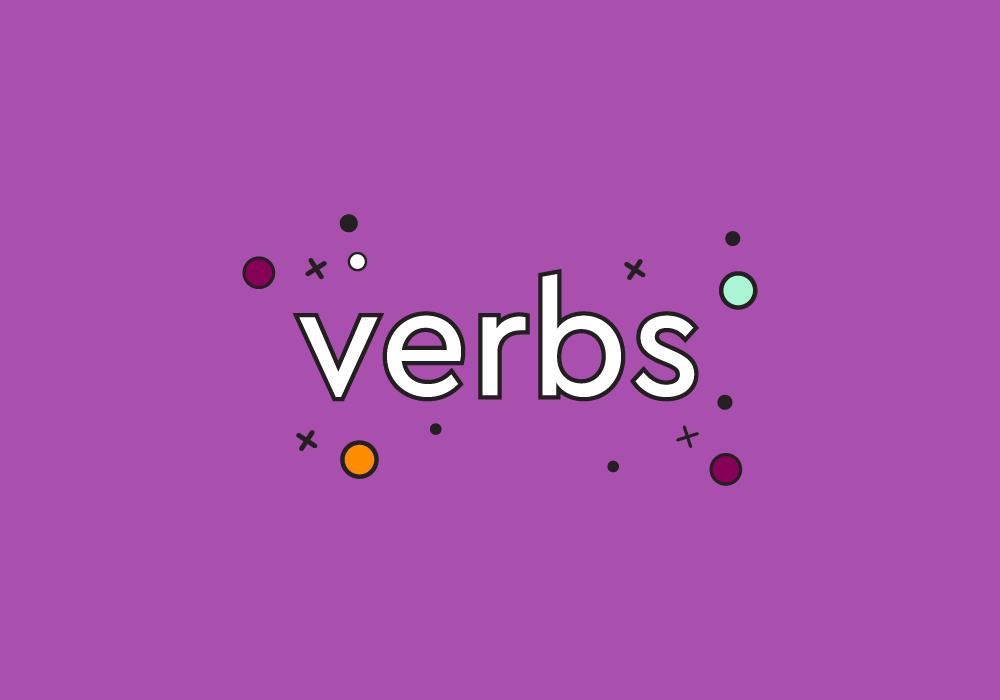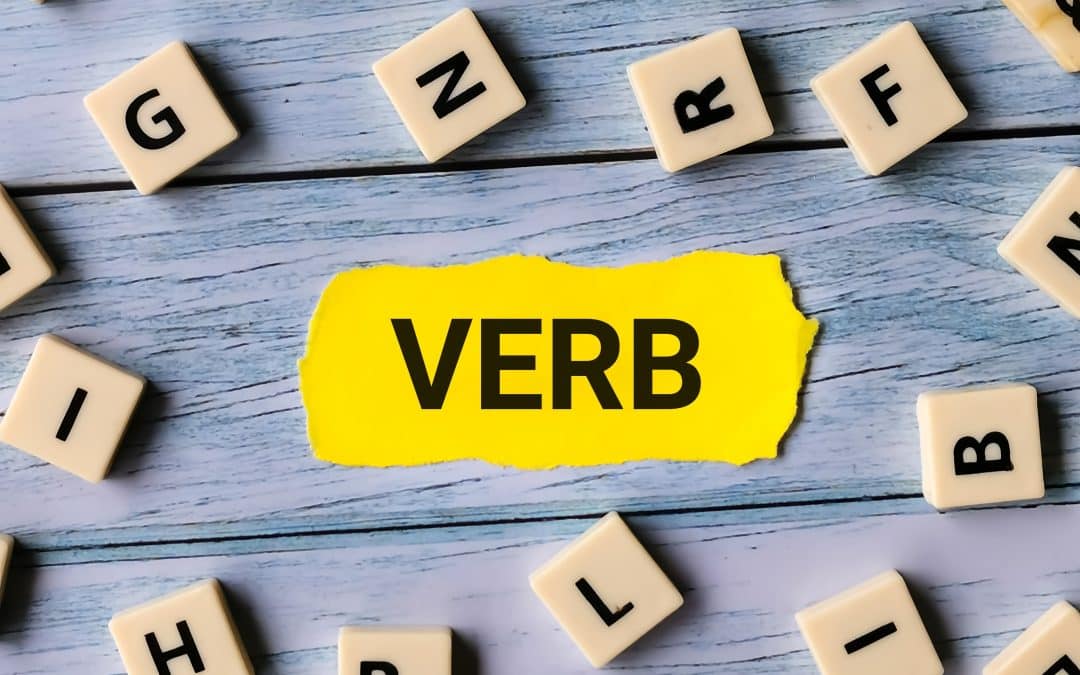To be honest, this topic might seem complicated, but once you’ve got to grips with the basics of strong verbs, you’ll realize that they’re quite easy. There are lots of words that can act as verbs and we need to make sure that our vocabulary includes them. The trick is knowing what makes a word a good or bad verb.
There’s a huge difference between a simple action verb (like ‘write’) and a complex action verb (‘wrote’). We also need to use verbs with an object, so let me explain what those mean. An object describes something that a person does to another. So, for example, “I’m writing” is fine, while “you wrote my paper” isn’t.
What makes a strong verb is the fact that it has a particular form, and this means that we don’t have to change the rest of the sentence to make it work.
Importance of Verbs in English?
One of the most basic rules of grammar is the importance of using strong verbs in your sentences. If you don’t know what these are, then you should read the article below.
A verb is one word that describes an action. For example, “I ran” means that you are running. The verb tells the reader exactly what you did. In the sentence, “She ate,” the verb is “ate.” You can also use a noun instead of a verb in certain situations.
In the sentence, “They have a dog,” the nouns are “dog” and “have.” When used with a gerund (a verb that ends in “-ing”), the words become “having a dog.”
There are many different kinds of verbs, but there are two main groups: transitive and intransitive. Transitive verbs always require an object. An object is anything that you do something to. Intransitive verbs don’t need objects.
Uses of Verbs in English?
The verb conjugation is the process of changing a verb into its various forms. For example, the verb “to be” can change from the present tense to the past, and vice versa.
In addition, the verb “to have” can change depending on the subject that you are talking about. This means that you can say, “I have an apple” instead of saying, “An apple is in my hand.”
However, when it comes to using verbs correctly in English, there are some rules that you need to follow. Here are some examples.
To form the perfect tenses (past, present, and future), use the auxiliary verb “have”. To express possession, use the word “my”, followed by the possessive pronoun, such as “his/her/its”.
Learn the Different Types of Verbs
There are many different kinds of verbs. Some of them have special meanings, while others just mean that you’re doing something. When learning a new language, it can be helpful to know the difference between these two categories so that you don’t make any mistakes when using the words.
A verb is simply an action word. You use a verb to describe what someone or something does. For example, the sentence “I love my dog” means that you are describing your feelings toward the animal. On the other hand, the phrase “My dog loves me” is stating a fact.
If you want to learn more about how to say certain phrases in French, then you should check out this article.
Some verbs can take on additional meanings depending on what kind of mood you are feeling. If you feel happy or sad, you will likely choose different verbs than if you were angry or upset.
How to Use the Power of Verbs in Your Writing
Verb tenses are very important when you’re trying to write effectively. When you want to express yourself clearly, you need to make sure that you’re using the right verb tense. Otherwise, you could end up saying one thing but meaning another. If you don’t know how to use the different verb forms, then you’ll have trouble conveying the message that you want to get across.
To help you understand this better, here are a few examples. You can read them, and then you should be able to figure out what the correct form is.
“I’m going to eat some cereal.”
This means that you will soon start eating.
“He ate his breakfast.”
In this example, you can assume that he has eaten.
“She woke up early.”
Here, you can say that she has woken up.
“They went to the store yesterday.”
You would never say “they have gone to the store”. In this case, it’s more likely that they just took a trip somewhere.
If you’re having trouble figuring out what each of these sentences means, then there are a couple of things that you should do. First of all, try to remember the past simple tense. This is the most common verb form used in English.
What Are Some of the Most Common Powerful Verbs in English?
There are many different kinds of verbs that you could use to describe a person’s actions. The following list includes the ten most commonly used verbs in the language.
- To eat
- To drink
- To sleep
- To make love
- To fight
- To run away
- To die
- To laugh
- To cry
- To hate
When you want to know how to say these words in another way, you should try using the verb “to be” with them. For example, you can use the word “be hungry,” instead of saying “eat.”
What Is a Powerful Verb Called?
When you’re learning new vocabulary, it’s important to know the meaning of words. The following article will teach you how to use verbs correctly in English.
A strong verb conveys emotion. For example, “I love” means that the person who said the sentence was happy.
If you want to express your feelings more clearly, try using a strong verb instead. Here are some examples:
– I’m excited
– She loves me
– He hates her
You can also create sentences with a weak verb by adding an adverb like very or extremely.
For instance, you could say, “She is excited” or “He is so angry.”
These two phrases are similar, but they have different meanings.
The first phrase says that she is usually excited. It does not mean that she is always excited. This type of word choice is called generalization.
The second phrase tells you that he is angry all the time. You cannot tell whether or not he is angry at any other time.
The difference between these two types of statements is quite clear. If you want to be sure that someone understands your message, then choose a strong verb.

What Are Powerful Verbs Used For?
Verbs have a very important role to play in any language. For example, in English, the verb “to be” is one of the most commonly used words. This means that you can use it at the beginning of almost every sentence. As such, knowing how to conjugate verbs correctly will help you to improve your writing skills.
Here are a few examples.
I am (am)
You are (are)
He/she/it is (is)
They are (are)
It was (was)
We were (were)
They were (were)
What are the other different ways to form these verbs?
In this article, we’ll look into the different forms of the verb ‘be’. We’ll also talk about some common verbs that you should know. So let’s start!
Forming the Past Tense – To make the past tense, simply add the ending ‘ed’ to the end of a regular verb. The following table shows all of the possible endings:
Be + Verb Ending = Forming the Past Tense
- I am reading.
- You are studying.
- He/She is playing football.
- They are learning.
What Is the Difference Between a Verb and a Powerful Verb?
A Verb is a word that describes an action. For example, the words “run,” “walk” and “jump.”
A Powerful Verb is a word that can describe how you feel when you perform the actions described by the verb. The verbs “love,” “hate,” and “amaze” are all examples of powerful verbs.
What makes them so powerful? Well, the way we use these verbs affects our emotions and our behavior. If we say, “I love you!” or “You amaze me!” then it is likely that we will be feeling happy and inspired.
When we use a strong verb, like the one above, we are telling someone else something important about ourselves. This means that when you tell people that you “love them,” they know that you care about them deeply. And if you say, “He amazed me,” then you are saying that he did something amazing.
So what does this mean? It’s very easy to become frustrated with yourself because of your mistakes. But if you can learn to control the way that you speak, you will improve your self-esteem and your relationships with others.
What Are Powerful Verbs Examples?
A verb is a word that tells someone else what you want them to do. For example, you could say “Please pass me the ball.” This sentence means that you want your friend to hand you the basketball. You could also ask for help by saying, “Can I get some help with this?”
If you use a strong verb in an email message, you will sound more confident and professional. Strong verbs include words like: should, must, have to, need to, and so on.


 Lucas Green
Lucas Green

